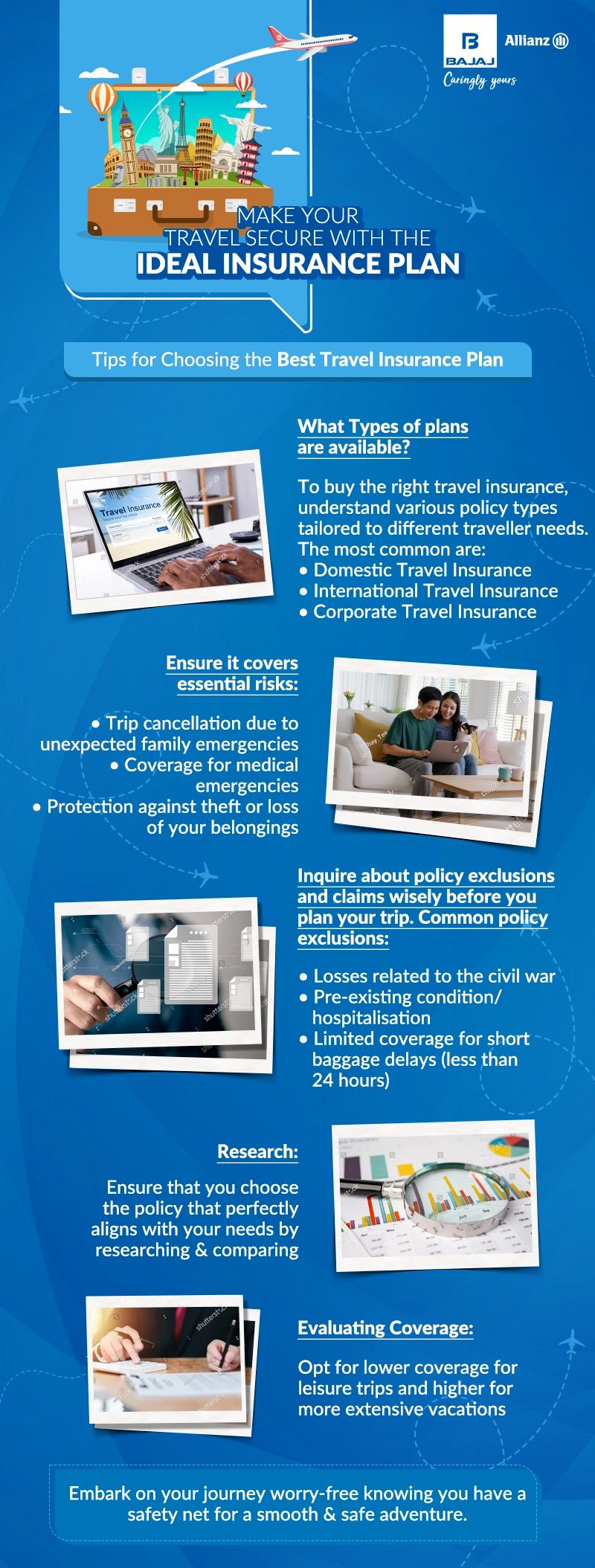Medical emergencies can happen anywhere, even on the most idyllic vacations. Imagine being stranded in a remote location with a broken leg or a sudden illness. Without travel insurance, the costs of medical treatment, evacuation, and hospitalization can quickly spiral out of control, potentially leaving you with a lifetime of debt.
Travel insurance often includes coverage for medical emergencies, ensuring that you receive the necessary care without worrying about the exorbitant costs. Whether it’s a simple case of food poisoning or a more serious condition, your insurance provider can help you find qualified doctors and hospitals, and cover the expenses associated with your treatment.
But medical emergencies aren’t just about the immediate costs. They can also disrupt your travel plans, causing you to miss out on prepaid accommodations, activities, or flights. Travel insurance can help you recover these losses, ensuring that your trip isn’t completely ruined by unforeseen circumstances.
Example: Imagine you’re hiking in the Swiss Alps when you slip and break your ankle. Without travel insurance, you could be facing thousands of euros in medical bills, as well as the cost of being evacuated to a hospital. With travel insurance, however, these expenses would be covered, allowing you to focus on recovering and enjoying the rest of your trip.
Additional Considerations:

Image Source: bajajallianz.com
Pre-existing conditions: Some travel insurance policies may have limitations or exclusions for pre-existing medical conditions. Be sure to review your policy carefully to understand what is covered and what is not.
By investing in travel insurance, you can protect yourself and your loved ones from the financial burden of medical emergencies, allowing you to travel with peace of mind. Remember, a little extra planning can go a long way in ensuring that your trip is a memorable and enjoyable experience.
Losing luggage is a common travel mishap that can turn a dream vacation into a nightmare. Imagine arriving at your destination, only to find that your suitcase has been misplaced or lost entirely. It’s a frustrating and stressful situation that can disrupt your plans and leave you feeling unprepared. While it’s impossible to completely eliminate the risk of lost luggage, there are steps you can take to minimize its impact and ensure a smoother travel experience.
Understanding the Risks
Before embarking on your journey, it’s important to understand the potential risks associated with lost luggage. Airlines, while generally reliable, are not immune to errors. Mishaps such as luggage handlers mishandling bags, flight delays or cancellations, and even theft can lead to lost or misplaced luggage. Additionally, the sheer volume of luggage handled by airlines can increase the chances of errors occurring.
Preparing for the Worst
To mitigate the impact of lost luggage, it’s essential to be prepared. Here are some practical steps you can take:
1. Pack a Carry-On: Ensure your carry-on contains essential items such as clothing, toiletries, medications, and valuables. This will provide you with a basic level of comfort and functionality even if your checked luggage is delayed or lost.
2. Take Photos: Before checking your luggage, take photos of its contents. This will serve as valuable documentation in case your luggage is lost or damaged.
3. Label Your Luggage Clearly: Attach clear and legible identification tags to your luggage, including your name, contact information, and destination. Consider using a luggage tracker or GPS device to enhance your ability to locate your belongings.
4. Purchase Travel Insurance: Travel insurance can offer financial protection in case of lost or damaged luggage. Many policies will reimburse you for the cost of replacing essential items, providing peace of mind during a stressful situation.
Dealing with Lost Luggage
If your luggage is lost or delayed, don’t panic. Here are some steps you can take to expedite the process of recovering your belongings:
1. Report the Loss Immediately: As soon as you realize your luggage is missing, report the loss to the airline’s lost and found department. Provide them with detailed information about your luggage, including its description, color, and any identifying marks.
2. File a Claim: If your luggage is not recovered within a reasonable timeframe, file a claim with the airline. Be sure to provide them with any relevant documentation, such as photos of your luggage and its contents.
3. Contact Your Travel Insurance Provider: If you have travel insurance, contact your provider to initiate a claim for lost or damaged luggage. They will guide you through the process and provide you with the necessary forms and documentation.
Additional Tips
Consider Using a Luggage Tracking Service: These services can provide real-time updates on the location of your luggage, helping you stay informed and reduce stress.
By understanding the risks, preparing adequately, and taking prompt action in case of lost luggage, you can significantly reduce the stress and inconvenience associated with this common travel mishap. Remember, even the best-laid plans can go awry, so being prepared is key to ensuring a smooth and enjoyable travel experience.
Travel Insurance: Essential Coverage for Your Next Trip